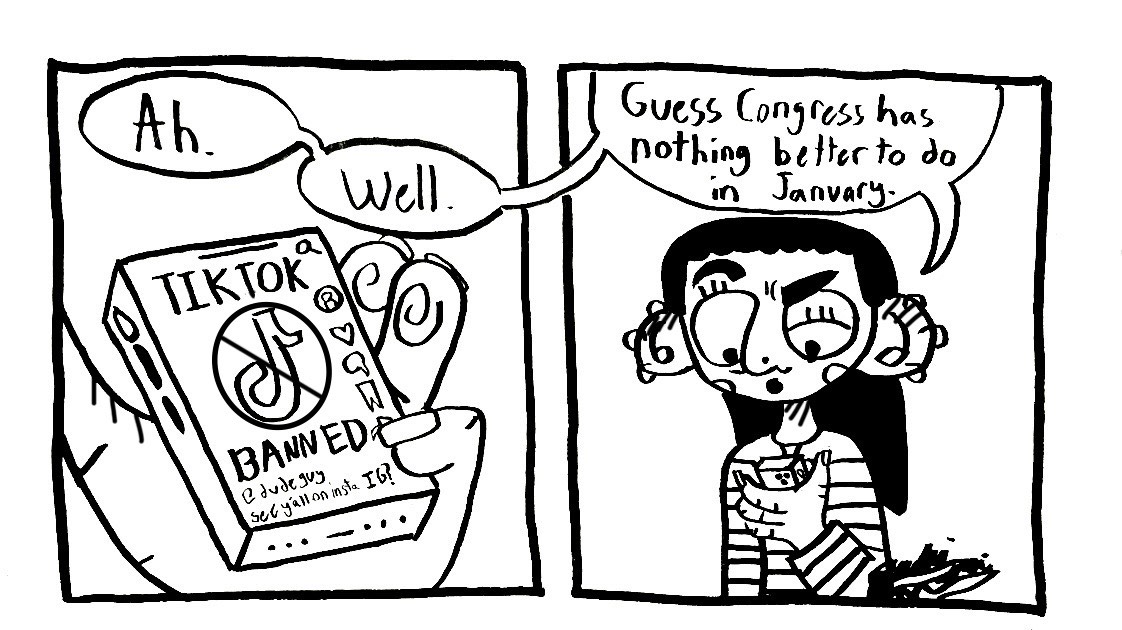“I hear this bandied about that if you are old enough to fight for your country, you are old enough to have a beer . I don’t think it’s the same type of maturity.” So said Deputy Transportation Secretary Thomas Barrett in a meeting at the Senate in the fall. He has a point.
After all, taking out loans, voting, being prosecuted as an adult and living independently are far easier privileges to manage than getting a glass of wine with dinner. Thankfully, state legislatures and common sense are gaining some ground in this debate. But the discussion should not stop there. We need to look beyond our own borders for answers to this heavy issue.
As many of us are all too aware, our current 21-and-over alcohol law is not necessarily proving to be the best or most effective policy. In countries across the world governments somehow allow people under 21 to drink and they manage to remain functional societies. We should look more closely at the mentalities abroad concerning alcohol to help reexamine our own policies.
After spending several years on a military base in Japan, I cannot tell you how many Marines, and not always sober ones, have complained to me about how the government will let them take a bullet but not a beer. Already living extremely dangerous and rule-bound lives, many in the armed services see the age limit as an irrational slight against their responsibility.
In the past few weeks, bills have come out of the legislative woodwork that would start to grind away at the 21-and-over law. The reasoning is simple and straightforward enough – that those in uniform are old enough to offer their lives at 18, yet not old enough to visit their local bar.
Proposed legislation in Kentucky, South Carolina and Wisconsin would establish a lower the drinking age for military members to 18. Another issue on the ballot in Missouri would allow for all those 18 and older to drink legally. As South Carolina State Representative Fletcher Smith told USA Today, “If you can take a shot on the battlefield you ought to be able to take a shot of beer legally.” This discussion spreading across the country showcases that the more we talk about alcohol abuse among youngsters today, the more focused we become on the failings of the current law and the atmosphere it has created around drinking.
In Japan, where the drinking age is 20, you can purchase alcohol in vending machines. The result is really more of a drinking age guideline. But this lax behavior is countered by a culture that directly addresses the problems associated with drinking. A major new business in Japan is a special kind of taxi that – for twice the price – will drive you and your car home. The mentality is that somebody even having a little bit to drink will not be driving. Harsh sentences for violators also help control this, but the concept is so well entrenched it winds up being foreigners who are more often arrested anyway.
Europe is another valid overseas example. Our closely related cultures make the comparison even more interesting. Professor emeritus at SUNY Potsdam David F. Hanson and journalist Matt Walcoff analyzed research from the Department of Justice and concluded that American teens, not those from southern Europe, were most likely to have been drunk in the preceding 30 days. Even more concerning, they said, is that over half of the teens from the U.S. were considered drunk while under a fourth was true for teens from Southern Europe.
What America really needs is to reevaluate its beliefs on alcohol. Let’s face it, America (just like the rest of the world) loves to drink. But it is that same obsession that leads kids who are underage to go on binges; coupled with the fact that they are doing this illegally, makes it all the more dangerous. If Americans could take a stance on alcohol that emphasizes moderation and responsibility instead of abstinence, the problems of alcohol today could prove surmountable. When it comes to alcohol, looking abroad, like studying abroad, can teach us a lot about ourselves.
The writer, a freshman majoring in political science, is a Hatchet columnist.




